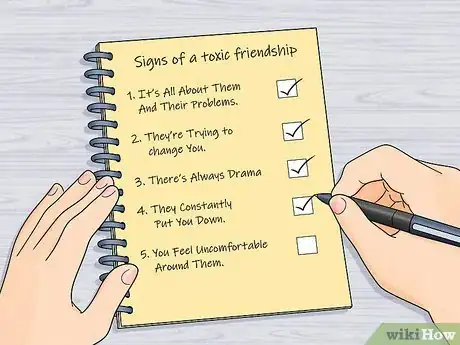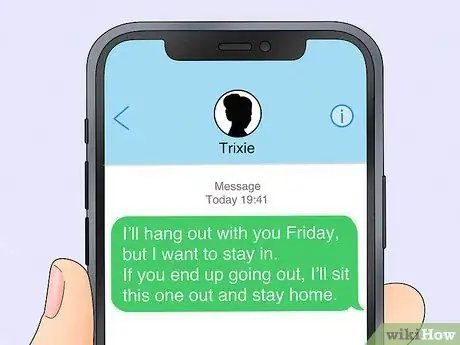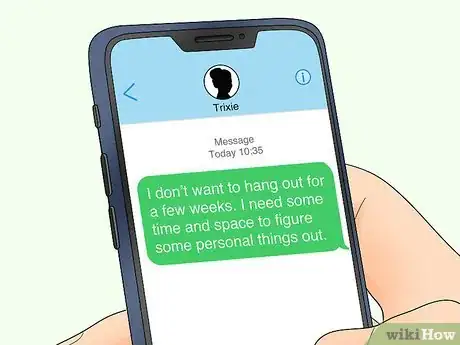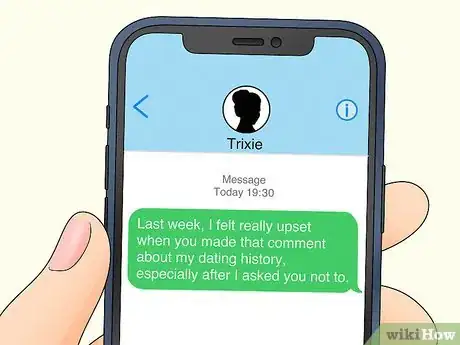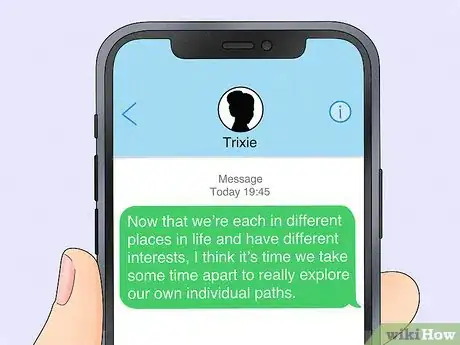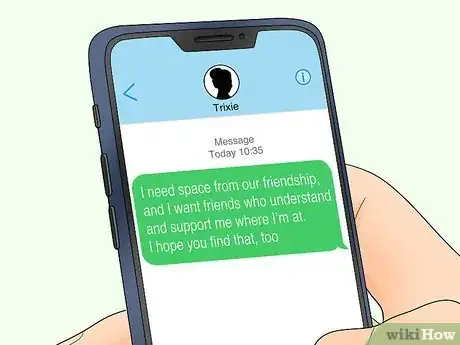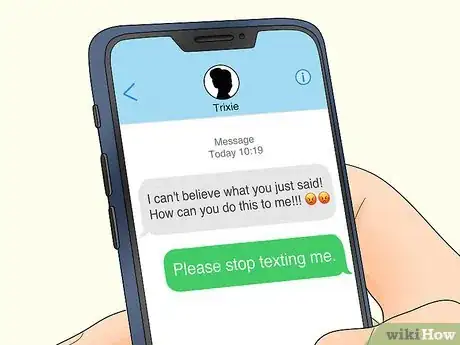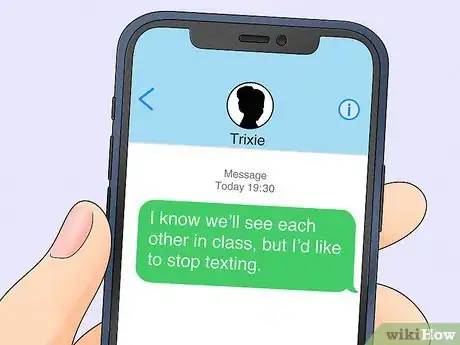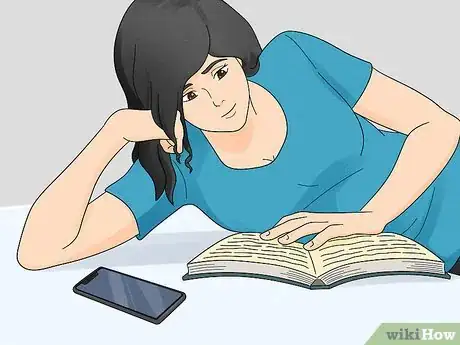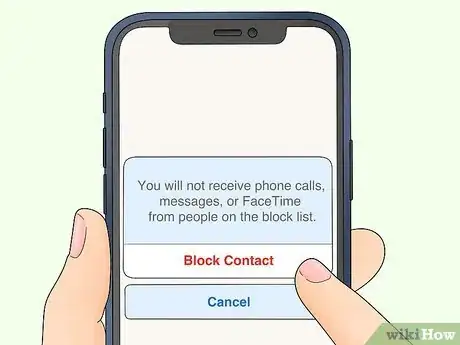This article was co-authored by Tala Johartchi, PsyD and by wikiHow staff writer, Kira Jan. Dr. Tala Johartchi is a Clinical Psychologist based in the Los Angeles, California metro area. With expertise and advanced training in Evidence-Based Practices and therapeutic/behavioral frameworks, Dr. Johartchi specializes in working with individuals, couples, and families experiencing Substance Disorders, Love Addiction and Codependency, Post Traumatic Stress Disorder, as well as common co-occurring disorders such as Depression, Anxiety, and Relational/Attachment difficulties. She earned an MA and PsyD in Clinical Psychology from The American School of Professional Psychology at Argosy University, San Francisco.
There are 12 references cited in this article, which can be found at the bottom of the page.
This article has been viewed 85,057 times.
When you get home after spending time with your friend, how do you feel?
Dr. Adam Dorsay, a licensed psychologist, says the answer to that question will immediately “say a lot about whether or not this is a friendship that’s worth growing and investing in.”[1]
X
Expert Source

Licensed Psychologist & TEDx Speaker
Expert Interview. 11 April 2019.
Toxic friends leave you feeling drained, stressed, and let down.[2]
X
Expert Source

Clinical Psychologist
Expert Interview. 16 July 2021.
You might even feel that stress creeping up into your jaw and your shoulders right now.
When you find yourself dreading the next text conversation or hangout with a friend, it’s time to let that relationship go and free yourself.
We’ve put together a guide to give you 10 options and strategies to end your friendship and give yourself permission to pursue the new connections you deserve.
Steps
Confirm you’re in a toxic friendship.
-
Check in with the signs of bad friendships to empower yourself to end it. Ending a friendship isn’t easy, but when you know exactly why you’re leaving, you’ll feel more confident when you hit “send” on that text. Chances are, your gut feelings about your friend are right. But to validate your feelings, ask yourself these questions to spot the signs of toxic friends:[3] X Research source
- “Do I worry that they’ll take out their anger or frustration on me?”
- “Does our friendship feel like an emotional roller coaster?”
- “Do they make me feel like I have to compete with their other friends?”
- “How much time do they spend talking compared to how much time I spend talking? Do they really listen to me?”
- “Are they kind to me? Do they criticize me?”
- “How often do they reach out to me to check in about how I’m doing? Do we each put equal effort into the friendship?”[4]
X
Expert Source

Clinical Psychologist Expert Interview. 16 July 2021. - "Do I feel like they're making an effort to grow and improve as a person?"[5]
X
Expert Source

Clinical Psychologist Expert Interview. 16 July 2021.
Consider offering a second chance.
-
If ending the friendship seems too severe or painful, try this. Create a clear expectation for your friend’s behavior and set a consequence if they don’t respect the boundary. If they can meet the expectations, you might not have to end the friendship. However, if they disrespect your boundary or can’t deal with it, you can end the friendship. They might even choose to stop hanging out with you once you set boundaries.[6] X Research source
- For instance, if your friend continually asks you to go out to restaurants when you don’t want to, try: “Hey, Quinn, I’ll hang out with you Friday, but I want to stay in. If you end up going out, I’ll sit this one out and stay home.”
- If your friend frequently blames you for things, try: “It’s hard for me to speak to you when you blame me for things I didn’t do. Please don’t do that. If you continue, I’m going to stop responding.”
Ask to take a break from the friendship.
-
Say you want time to yourself, away from the friendship. Make the text about your needs in life, rather than your friend’s behavior.[7] X Research source This strategy is a good one if you still need time to figure out how you feel about the friendship. It can also work if you think they’re likely to blow up if you bring up their bad behavior. Just be prepared to back up your need for space with boundaries on communication (for example, don’t reply if they bombard you with texts). Include how long you want the “break” to last.
- “Sterling, I’ve been feeling overwhelmed lately, so I’m taking a month to refocus on myself. I don’t want to text or get together during that time.”
- “I don’t want to hang out for a few weeks. I need some time and space to figure some personal things out.”
- “Hi Waverley, I really need some space from our friendship for a few weeks. I’m overwhelmed and can’t give you my full attention and support.”
Tell your friend how the friendship is hurting you.
-
Use a short “I feel” statement to describe how your friend’s behavior affects you. Describe the situation, the behavior your friend engaged in, and the impact it had on you.[8] X Research source Then, transition into a statement about ending the friendship. Framing the text in that way lets you acknowledge and validate how you feel, and it can prevent the conversation from becoming a blame game.
- Give an example of your friend’s negative behavior plus an “I feel” statement: “Last week, I felt really upset when you made that comment about my dating history, especially after I asked you not to.”
- Then, describe the effect the behavior had on you: “It made me realize I need to be around people who support me and don’t judge me.”
Describe how you’ve grown apart.
-
Text your friend about how you’ve both changed. Emphasize that it’s not about them and their behavior. Instead, say it’s about where the two of you are in life, and mention how your interests, goals, and needs are different. It’s natural for friends to move into new phases of life and drift apart in the process. In fact, going through a life transition (like leaving for college, getting married, and changing jobs) is one of the most common reasons friendships end.[9] X Research source
- “Now that we’re each in different places in life and have different interests, I think it’s time we take some time apart to really explore our own individual paths.”
- “Lately, I’ve been feeling like we’re into different things. I’m really busy with my new job, and want to move on from our friendship to focus on that and rediscover my own hobbies and passions.”
- “Dom, I feel like we’ve grown apart recently. We don’t even like to do the same things anymore.”
State that you want to end the friendship.
-
Use a direct, firm parting phrase to say goodbye. Your toxic friend might try to argue with what you’ve said or push you around.[10] X Research source When that happens, be polite but decisive, and let the other person know exactly what you want. Try out one of these examples to say that you want to end the friendship, once and for all:
- “I don’t want to be friends anymore. This isn’t healthy for either of us.”
- “I wish you the absolute best, but I can’t support you as a friend anymore.”
- “I hope you can understand that I can’t be in this friendship anymore.”
- “I can’t be in this friendship anymore. I want friends who understand and support me where I’m at. I hope you find that, too.”
End the conversation if they get angry at you.
-
Truly toxic people give a monologue instead of engaging in productive conversation. If the toxic friend starts to fight back or gets angry, don’t engage. Trust your feelings and your decision to end the friendship, and cut the conversation short.[11] X Research source
- Reiterate your main point: “This is how I feel. I don’t want to argue about this, and I don’t think we should be friends anymore.”
- Stick to your boundaries: “Please stop texting me.”
- Leave the situation: Stop responding, put your phone on airplane mode, or block their number if they continue trying to argue with you.
- If your friend starts to apologize, ask yourself: “Have they apologized before? Can I believe them?” Many toxic people will repeatedly apologize without changing their behavior.[12] X Research source Go with your gut as you decide whether to accept the apology.
Set expectations for your future communication.
-
How strongly do you want to cut ties? Will you still hang out in group settings and with mutual friends? Just like you would in a romantic relationship breakup, consider what type of contact you want or don’t want with your toxic friend. Weigh the value of spending time with mutual friends against the negative feelings of interacting with the toxic person.[13] X Research source
- Draw lines on texting, calling, and face-to-face contact: “I think it’s best if we don’t talk,” or, “I know we’ll see each other in class, but I’d like to stop texting.”
- Decide whether you’ll interact with this person in group settings. You don’t have to communicate that directly to the toxic friend, but plan ahead for social situations. For instance, you might feel comfortable being polite and cordial, or you might feel like you can’t interact with that person yet.
Text your friend less frequently to phase out the friendship.
-
Try this method if you and your friend have already started drifting apart. Has your friend been pulling away recently? If so, let the friendship fade by reaching out less over time.[14] X Research source While it’ll be an adjustment to adapt to life without that person, embrace the future without the burden of maintaining a toxic friendship.
- Don't feel like you need to respond to your friend's messages right away.
- Don't schedule time to hang out unless you actually want to.
Cut all communication ties with abusive friends.
-
Block their contact info and social media. Use this strategy for a truly toxic friend who makes you feel unsafe or doesn't respect a text you sent them about ending the friendship. You don’t owe anything to people who hurt you, put you down, and make you feel unsafe.[15] X Research source
- Before you take this step, understand the toxic friend might get angry with you. However, in a truly toxic situation, you have the right to get yourself out of there.
You Might Also Like
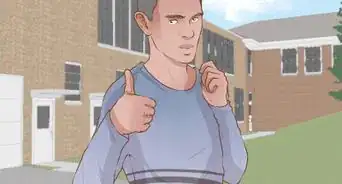

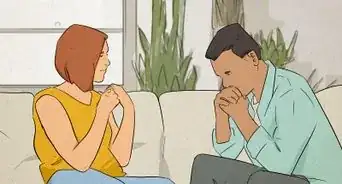
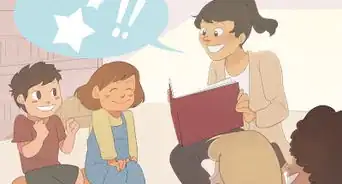
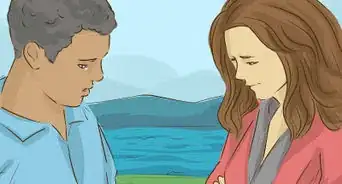



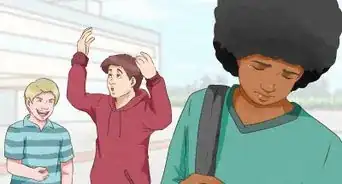 13 Subtle Signs Someone Doesn't Want to Be Your Friend
13 Subtle Signs Someone Doesn't Want to Be Your Friend

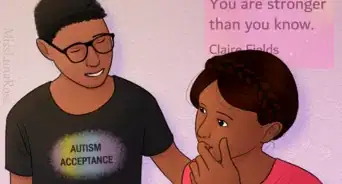

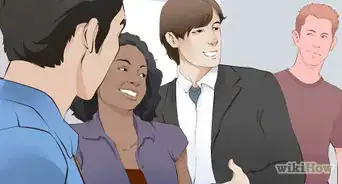

References
- ↑ Adam Dorsay, PsyD. Licensed Psychologist & TEDx Speaker. Expert Interview. 11 April 2019.
- ↑ Tala Johartchi, PsyD. Clinical Psychologist. Expert Interview. 16 July 2021.
- ↑ https://www.psychologytoday.com/intl/blog/resolution-not-conflict/201603/8-signs-toxic-friendship
- ↑ Tala Johartchi, PsyD. Clinical Psychologist. Expert Interview. 16 July 2021.
- ↑ Tala Johartchi, PsyD. Clinical Psychologist. Expert Interview. 16 July 2021.
- ↑ https://www.youtube.com/watch?v=BnpMJHdByHk&t=750s
- ↑ https://www.psychologytoday.com/us/blog/lifetime-connections/202102/whats-the-best-way-end-toxic-friendship
- ↑ https://www.psychologytoday.com/us/blog/lifetime-connections/202102/whats-the-best-way-end-toxic-friendship
- ↑ https://www.researchgate.net/publication/269990843_How_Friendships_End_Patterns_Among_Young_Adults
- ↑ https://www.psychologytoday.com/us/blog/tech-support/201612/8-strategies-dealing-the-toxic-people-in-your-life
- ↑ https://www.domesticshelters.org/articles/identifying-abuse/20-diversion-tactics-highly-manipulative-narcissists-sociopaths-and-psychopaths-use-to-silence-you-part-i
- ↑ https://www.psychologytoday.com/us/blog/narcissism-demystified/202009/13-fake-apologies-used-narcissists
- ↑ https://time.com/5402304/friendship-breakups-worse-romantic/
- ↑ https://www.bbc.com/worklife/article/20210623-why-its-ok-to-let-friendships-fade-out
- ↑ https://www.youtube.com/watch?v=-zMPJasHT_c&t=259s
About This Article

